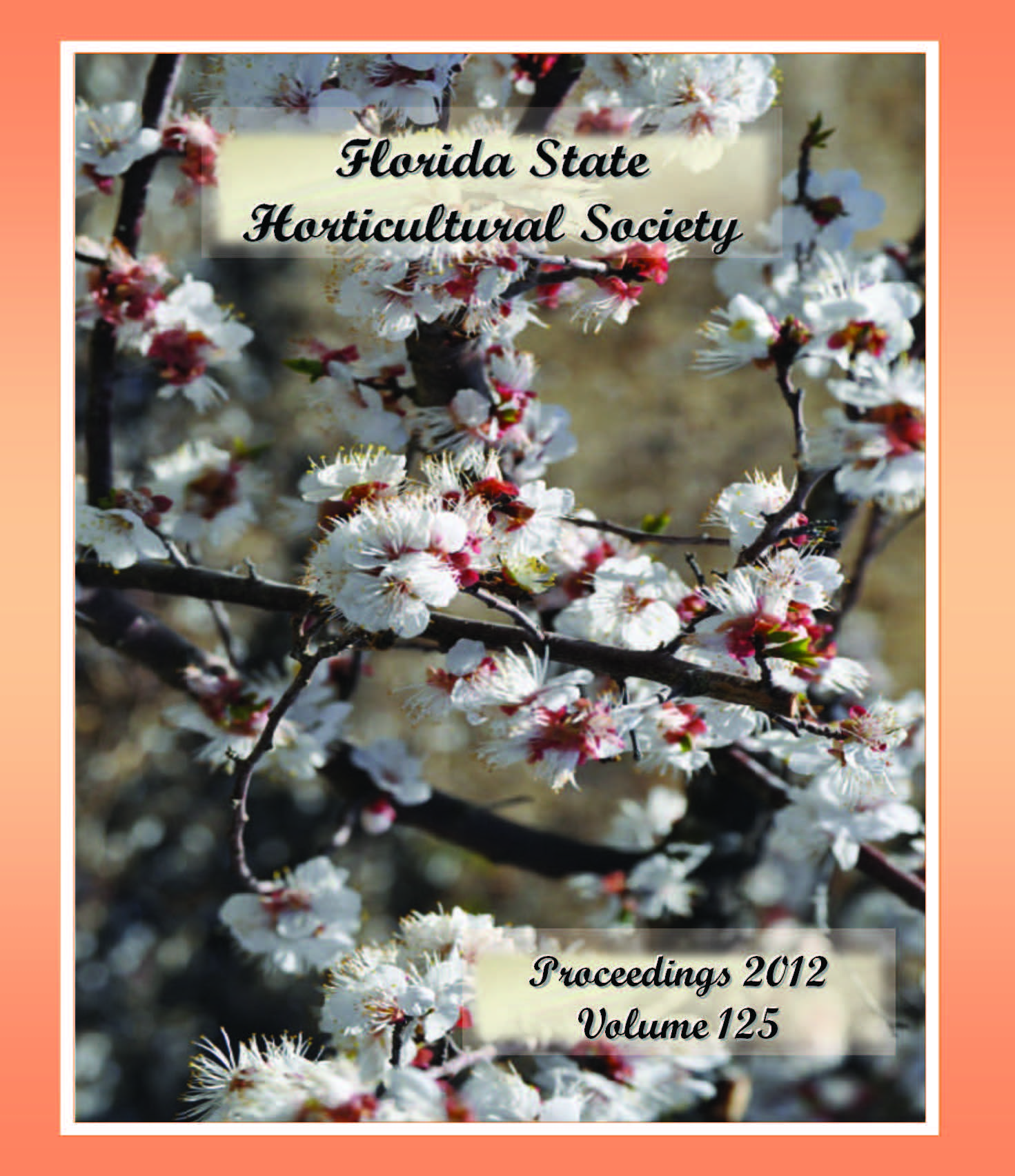Adoption of Plastic Field Crates to Reduce Mechanical Injuries in Postharvest Handling of Haitian Mango
Abstract
Consumers are generally motivated by the appearance of a product, and the final objective of any producer is to satisfy the consumer. In Haiti, since the 1980s, new technologies have been introduced by mango packers to meet the requirements of the export market. However, growers are still using traditional methods to produce, harvest, and handle fruit. As a consequence, the rejection rate is dramatically high. In fact, the common traditional method is to load and transport fruits from the field to a field collection center by animal, where a truck picks them up for transport to the packing facility. Mangos are transported to the collection center in a handcrafted woven bag that does not permit air circulation and results in fruit damage from mechanical injuries and heat produced by accelerated respiration rate. The USAID–WINNER Project supported this research project, and one outcome was to provide 1,500 crates to Haitian grower associations. This research aimed to compare losses for mangos carried in plastic field crates or traditional woven bags from the field to the collection center. The results showed that the crates reduced losses due to mechanical injuries from 8.25% to 3.10%, over a distance varying from 2 to 4 km.

